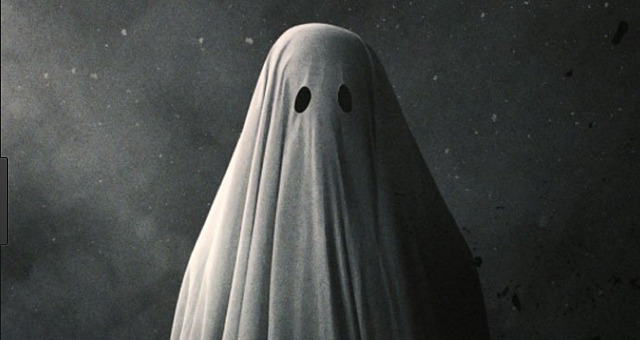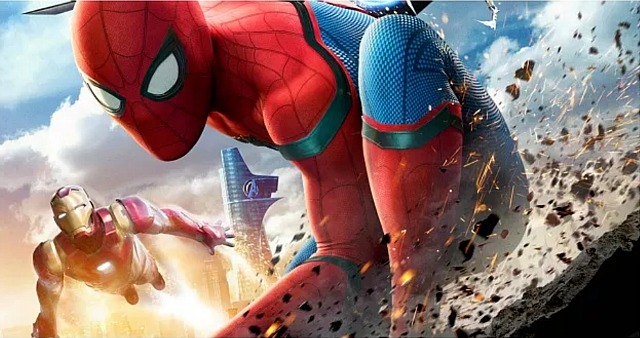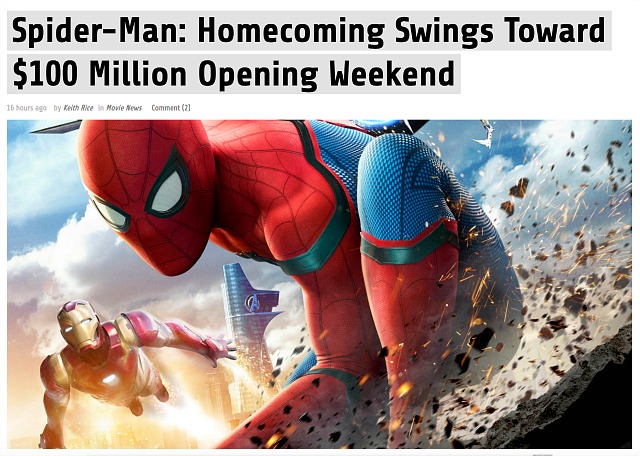With almost everyone having seen Matt Reeves‘ War For The Planet of the Apes, early peeks at the other two high-prestige flicks of the ’17 summer — Kathryn Bigelow‘s Detroit (Annaurna, 8.4) and Chris Nolan‘s Dunkirk (Warner Bros., 7.21) — are happening this week.
Detroit screened yesterday in New York (and also here, I presume) for those attending a Los Angeles actors’ junket tomorrow. There’s another junket happening concurrently in Detroit with the filmmakers attending (Bigelow, presumably screenwriter Mark Boal, etc.)
Dunkirk is being screened tomorrow for junketeers with a press conference of some kind happening on Sunday. The blogaroos have been begging to be let into Saturday’s showing but Warner Bros. is saying not now, hang in there, etc.
A guy who attended last night’s Manhattan screening of Detroit had positive reactions. He says it’s basically aimed at black audiences (the early August opening is about The Help and Straight Outta Compton having opened on 8.10.11 and 8.14.15 and earned $216 and $201 million, respectively) as well as action connoisseurs, review-reading elites, X-factor types.
He called it a tense and sobering history lesson, teeming with obvious echoes of present-day police brutality and unwarranted violence toward black guys. A strong, complex, grim and riveting visit to urban America of 50 years ago. The cops are mostly one-note villains, he says, but how could they not be given the history of the ’67 Detroit riots? Not much room for anything but condemnation.
The stand-out among Detroit‘s mostly-black cast, he says, is Algee Smith. I’ve heard from another source that Will Poulter gives the best white-cop performance. As expected, Barry Ackroyd‘s cinematography and William Goldenberg‘s editing are ace-level. Certain elite critics have apparently been given a looksee, but the blogaroos have all been told they can see Detroit sometime “soon.”










